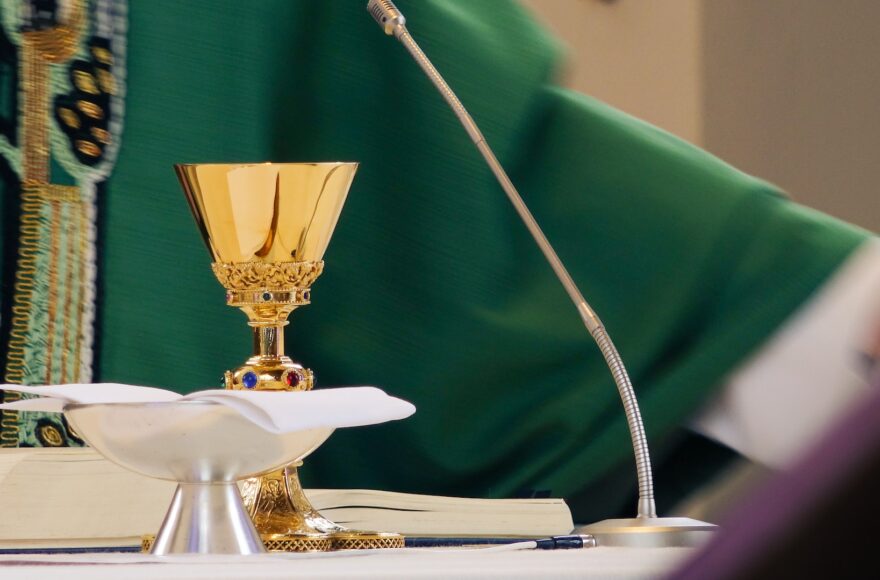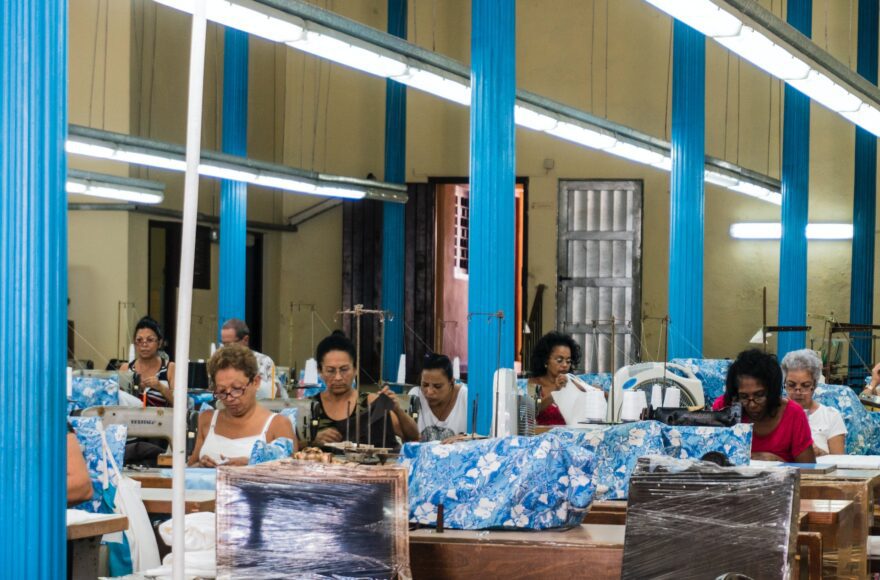The altar boy. Yes, I was an altar boy.

“Joe, it’s so cold this morning. Will you be okay?” My mother is still in her nightgown. It is dark in the bedroom I share with my brother, the only light in the room sneaks in from the hallway and throws long shadows against the walls.
I can feel the cold under my pyjamas as I push the blankets away and quickly change into my clothes.
“Joe, it is 6.30 am and the Mass starts at 7.00, so you’ll have to hurry.”
“I’ll be okay”, I whisper back to my mother.
“Here you go.” My mother hands me a shot glass. It is full of a dark, syrupy liquid called Ferrochino. Into this is she would drop a raw egg. I drink the concoction unquestioningly.
If your Italian or even Latin is in working order, you’ll know that “ferro” means iron. So it was, along with the egg, designed to build my strength.
Now let’s be honest; it was (and still is) a liqueur, an aperitivo, with an alcohol content of 21%.
So as well as the iron ( “each 30ml shot contains 5mg of iron (from Ammonium Iron (III) Citrate)”), coupled with the alcohol, the Ferrochino had a dual effect on a 10-year-old: it warmed and gave me a buzz I needed to get going at that time of the morning.
I was still in primary school, and during winter, this was my morning breakfast.
And no, I am not an alcoholic now.
“Go on, Joe, God is waiting.” my Mother plants a big kiss on my forehead and pushes me out the door. “I’ll see you tonight.” Her voice trails off as I open the garden gate and head down the street. The porch light is turned off and I am in darkness.
I run to the Church, St Margaret Mary’s, where I attend the attached school and, this morning, I am also the altar-boy at the 7.00 am Mass.
St Margaret Mary’s, located in Brunswick, is a beautiful Church. Not overly ornate. Its architecture is simple and workman-like; appropriately suited for the working-class suburb it was.
Enter it, and a grand vaulted ceiling greets you. Along the north and south walls are arched led-light windows decorated with saintly images. A classic arch sits across the width of the Church with the words “Gloria in Excelsis Deo” in gold lettering, encircling its curved shape.
The arch opens onto a dark, wooden ceiling that overlooks the altar. This area is designed to act as a synthesiser that captures the sound and balloons it out into the cavernous public area, where it breaks sonorously over barely awake parishioners.
Marble steps led up to a simple altar. I am normally positioned on the lower step with my bells, awaiting my cue. As with everything in a Church, overt design is everywhere.
The pews are long, wooden, bench-like seats catering for big and small bottoms. Though functional, each has a beautifully carved fleur-de-lis on its outer thick boards that front the aisle. The bell-ringer I kneel beside has an ornate shaft from which sprouts several domed shapes. Inside each is a golden ball. When the shaft is turned back and forth quickly and firmly, they ring. The sound is almost reverential and has been referred to as that “joyful noise to the Lord”. Precisely what is required of such an instrument.
And of me.
“Good morning, father”. I would greet the Priest attending Mass that morning as I entered the Vestry. There was one that would often be so deep in religious meditation (or just sleeping with his eyes open) that my greeting would often startled him.
“Oh, good morning …. Ah …” he looked at me closely, trying to remember my name, “…Peter? … Matthew?…”
“I am Joe, Father.” He always started his guesses with the Gospels’ authors (the “according to” people).
“Oh, yes, of course, Joe. How are you this morning?”
If I hadn’t interrupted, he would have eventually gotten to Mary’s husband, Joseph, but that could have been quite a wait. I wish I could remember his name. A search tells me it was Father John O’Carroll, but I remember a younger, Italian Priest as well.
As I quickly threw on my altar-boy vestments over my clothes, Father prepared the communion wafers and the wine for the service. “This wine smells awful, Peter. It needs to be replaced”, he says to me.
“Joe, Father, my name is Joe”.
“Oh, sorry, Joe. I will remember from now on.”
The caretaker, an older woman (everyone was old to me), would bring Father his morning coffee.
“Thank you, Carmen”.
“It’s Karen, Father”.
“Of course, thank you, Karen”.
He would drink quickly, and then we’d be off through the Vestry, into the cold church. Father’s voice would reverberate out over the audience of slowly ageing and dwindling parishioners. My bells would sing the Lord’s praises. The audience added their voices to the gradually brightening Church. It was amazing; as the sun rose, the lead-light windows would make the saints and sinners etched onto them visible.
Once the Mass had finished, I would quickly divest myself of my outer robes and help Father out of his. “Thank you so much for your help this morning, Joe”, he would say every morning without false gratitude. “Now, you go on and have a wonderful day.”
“Thank you, Father.”
“Oh, and say hello to Matthew for me. God bless.”
“I will Father.” I had no idea who Matthew was. The other altar-boy who attended Mass was called Michael.
For the longest time, I had thought all priests were like Father John O’Carroll. I wish they were.

